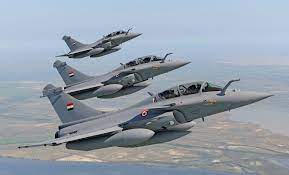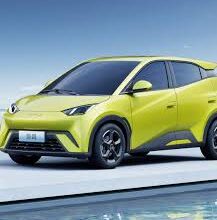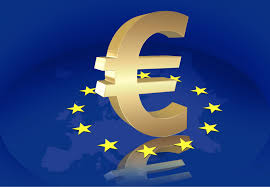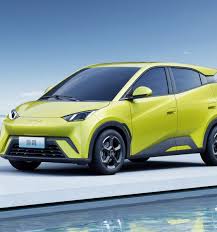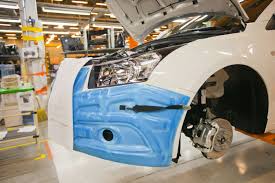On Friday, France announced the signing of a 16 billion euro ($18 billion) weapons mega-contract with the United Arab Emirates for the supply of 80 Rafale jets.
According to the French Defense Ministry, this is the country’s largest-ever export weapons contract. It happened while French President Emmanuel Macron was on his first stop on a two-day trip to the Persian Gulf, in the United Arab Emirates. Officials from the Emirati government did not immediately confirm the agreement.
The UAE has purchased the improved F4 version of Dassault Aviation’s multi-role combat aircraft. The Emirates Air Force will be the first user of the Rafale F4 outside of France, according to the report.
After the failure of a $66 billion contract for Australia to buy 12 French submarines, the transaction provides a boost to France’s defense industry.
The sale was described by Dassault Aviation CEO Eric Trappier as “a French success story” and “great news for France and its aeronautical industry.”
Macron’s significant interest in developing personal ties with leaders such as Abu Dhabi’s crown prince, Mohamed bin Zayed Al Nahyan, and his Saudi Arabian counterpart, Mohamed bins Salman Al Saud, makes him a welcome visitor in the area. While pursuing financial prospects, both Gulf leaders favor pragmatism when discussing democracy and human rights, issues on which their countries have been heavily condemned by rights groups and European legislators.
Since the Sept. 11, 2001, attacks, France has had close ties with the United Arab Emirates, a federation of seven sheikdoms on the Arabian Peninsula. In 2009, the UAE established a French naval base in Abu Dhabi’s Port Zayed. French jets and staff are also stationed at Al-Dhafra Air Base, a huge base west of Abu Dhabi that also houses tens of thousands of American troops.
Months after his election in 2017, Macron visited the United Arab Emirates to open the Louvre Abu Dhabi, which was created under a $1.2 billion arrangement to share the name and art of the world-famous museum in Paris.
Macron hosted Abu Dhabi’s crown prince in September at the famous Chateau de Fontainebleau outside of Paris, which was renovated in 2019 with a 10 million euro ($11.3 million) grant from the UAE.
In Libya’s civil war, the UAE and France have become increasingly allied by a common suspicion of Islamist political groups across the Middle East, and have backed the same side.
Macron will “continue to urge and support actions that contribute to the stability of the area, from the Mediterranean to the Gulf,” according to a senior French presidential official who spoke to reporters ahead of the trip on the condition of anonymity.
Gulf tensions will be discussed, according to the official, including the resumption of discussions with international powers over Iran’s nuclear deal following President Donald Trump’s withdrawal from the agreement. Iran’s nuclear ambitions and regional influence, particularly in Iraq, Syria, and Lebanon, have long worried Gulf countries.
“This is a burning matter,” a French official said, adding that Macron discussed the issues with Iran’s president over the phone on Monday. He’ll discuss the call and the concerns, including the Vienna nuclear talks, with Gulf leaders, who are “directly affected by this matter, like all of us, but also because they are (Iran’s) neighbors,” according to the official.
According to observers, France, along with Germany and the United Kingdom, believes that the 2015 nuclear agreement — with small adjustments — is the best route ahead with Iran. The United Arab Emirates and Saudi Arabia have been vocal in their opposition to the West’s negotiated agreement with Iran.
“While the Gulf countries did not like the West’s Iran deal, the potential of it falling apart acrimoniously is also terrible for them and probably poses greater risks,” said Jane Kinninmont, a London-based Gulf analyst with the European Leadership Network think-tank.
Kinninmont stated, “Their position has always been that the West should have gotten more out of Iran before completing the deal.” “However, if the West goes away empty-handed, Gulf countries are beginning to realize that their security would suffer as a result.”


